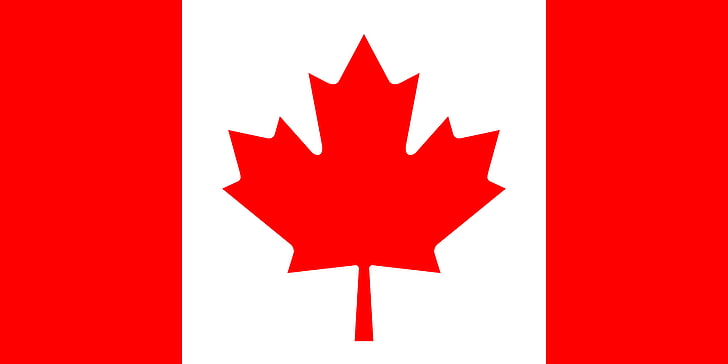
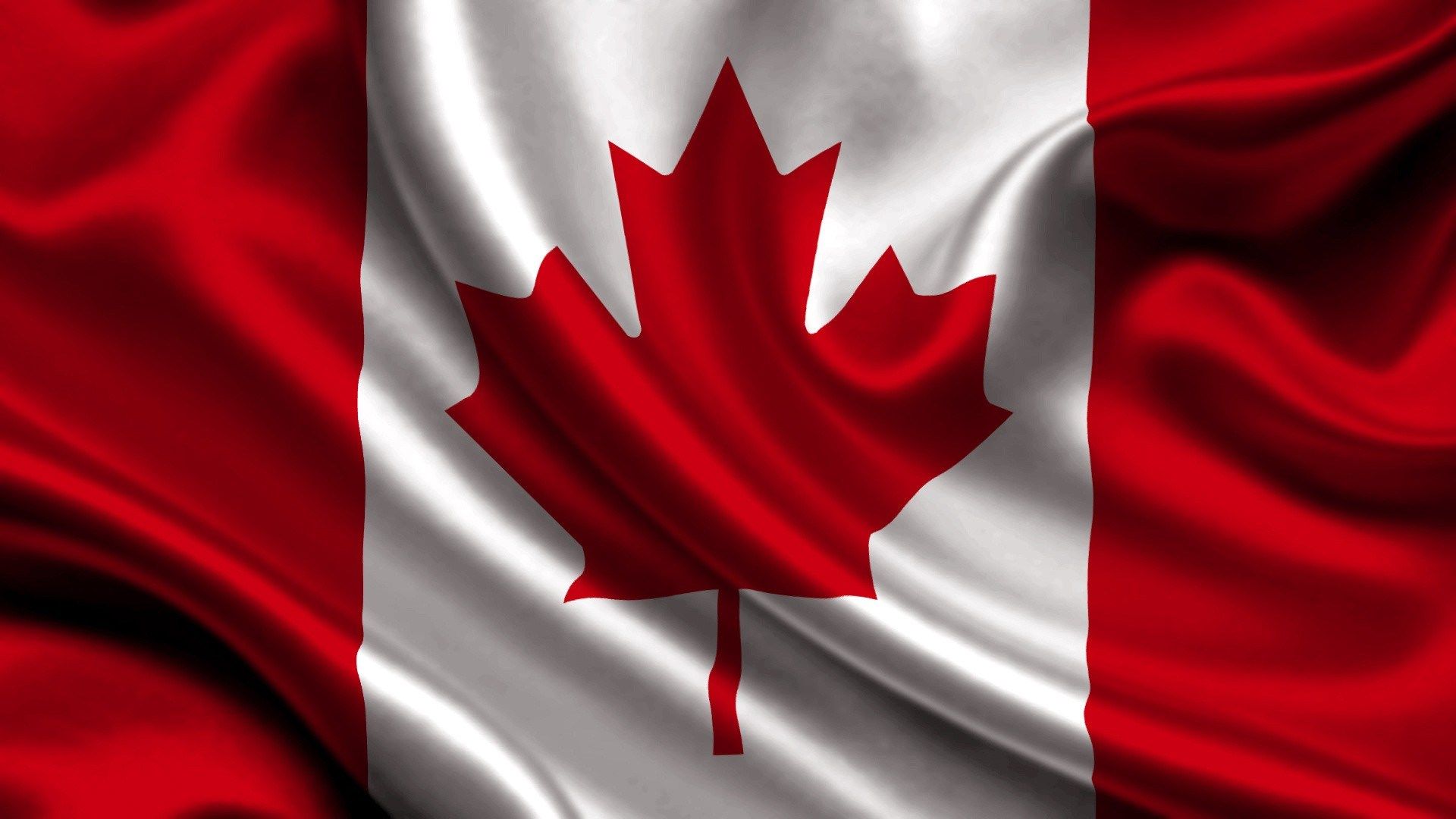
Study In
Canada
Canada, a PR-friendly country, has caught the attention of many Indian students because it offers high-quality education and jobs that allow you to earn lucrative salaries.
Quality of life, the standard of government services, high-paying jobs, and a wide range of opportunities are some of the standout features that distinguish Canada as a study-abroad destination.
Canada is highly regarded for its multiculturalism and welcoming nature toward international students. This enables students to adapt effortlessly to the new academic environment.
As Canada's official languages are French and English, most universities offer English-taught programs. These programs often require English proficiency tests such as IELTS or TOEFL. Understanding these language dynamics can help Indian students prepare for their academic journey in Canada.


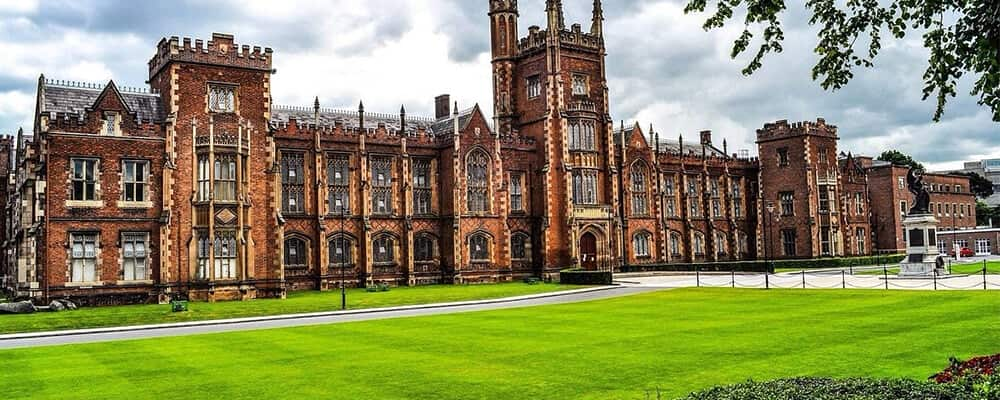
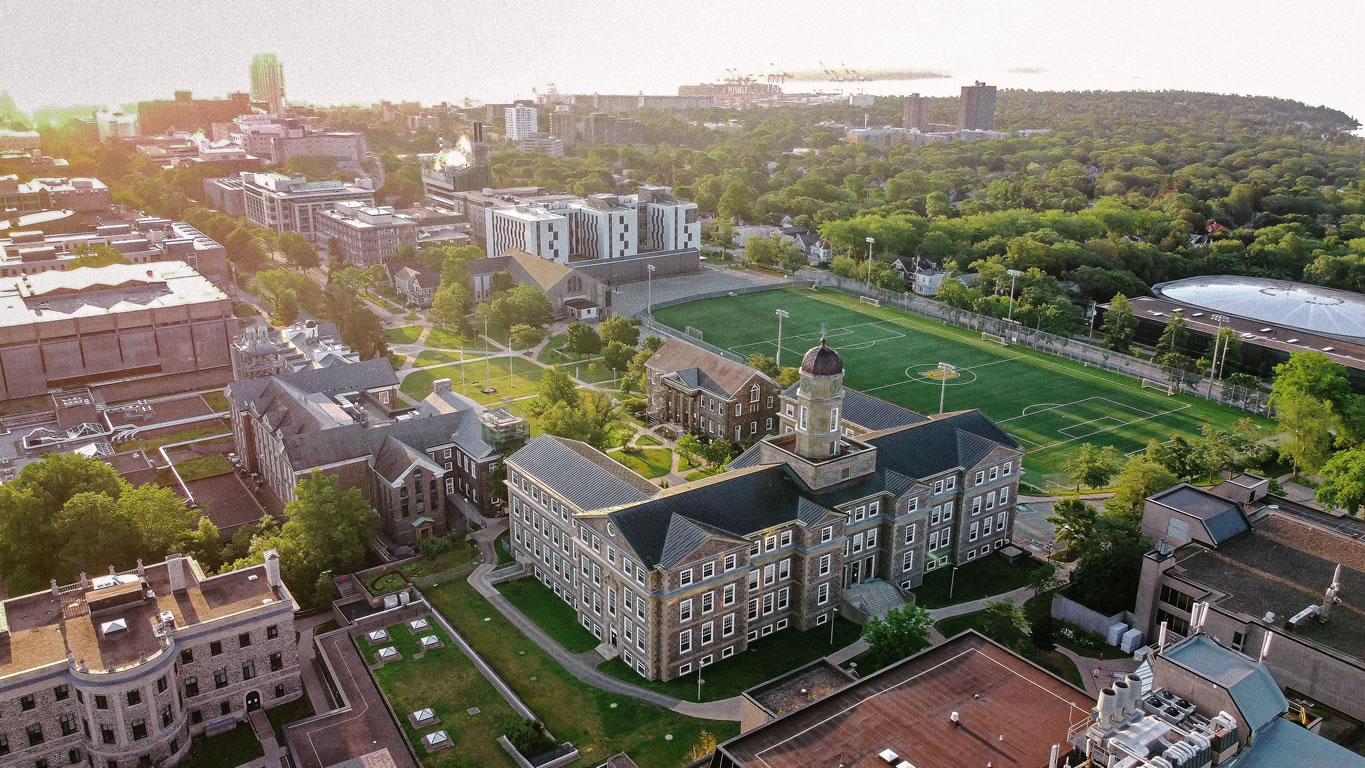

.jpg)

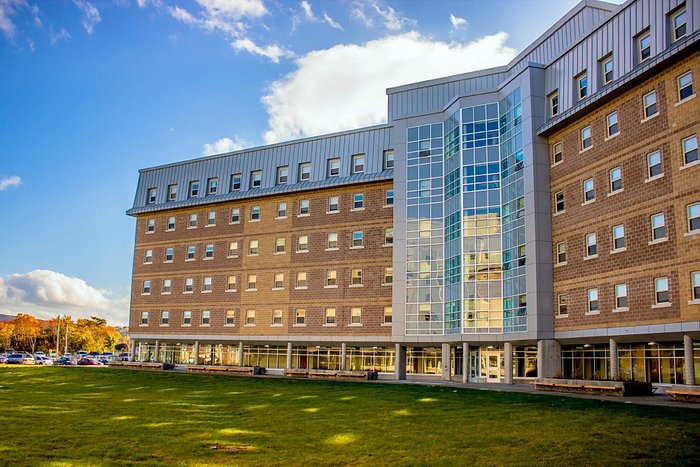
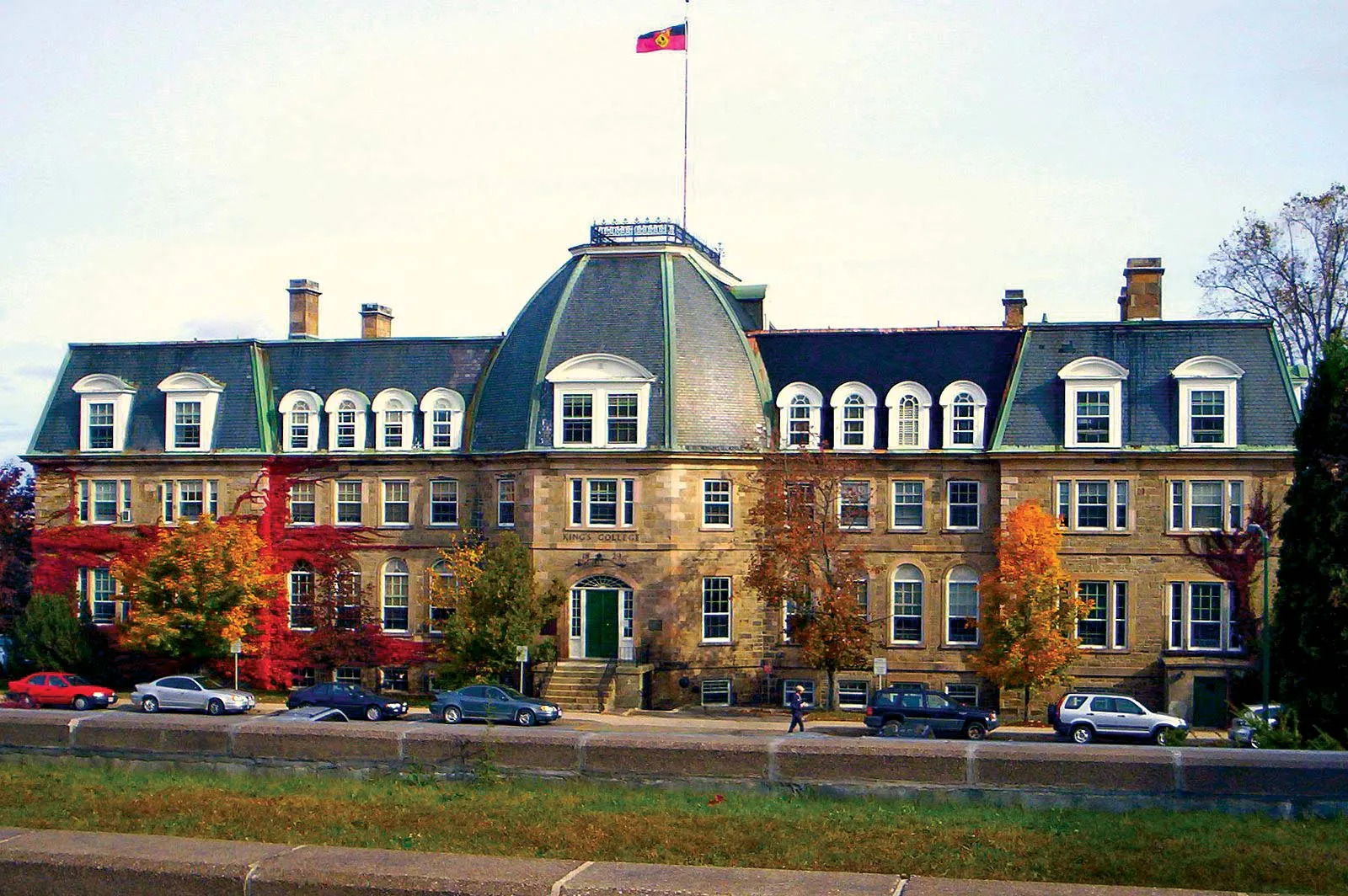
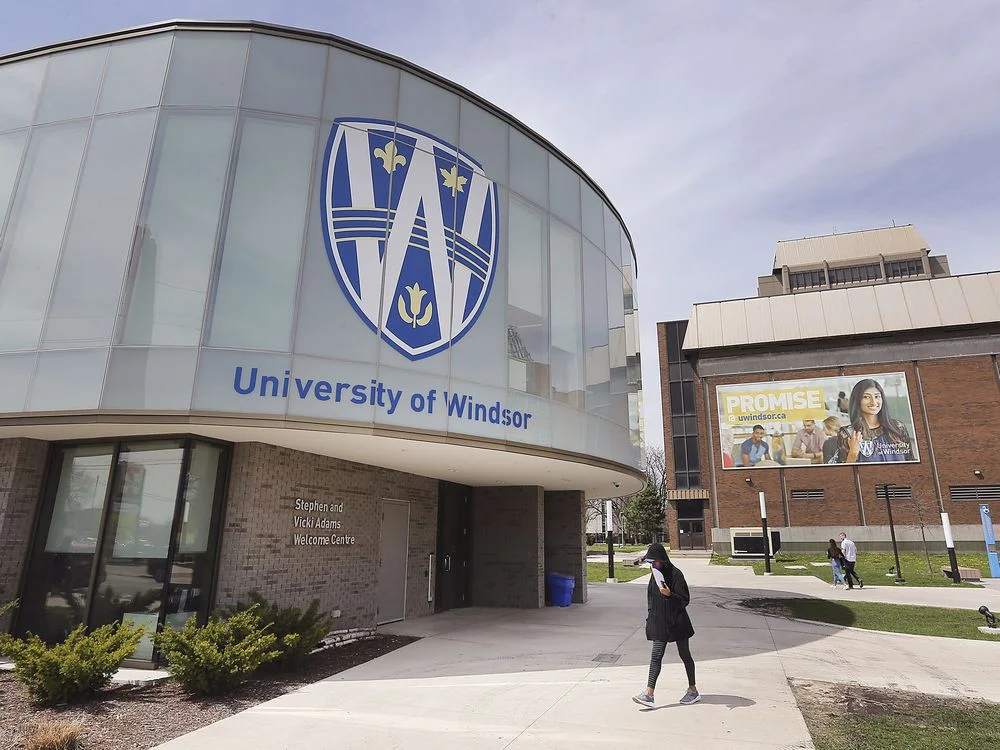
.jpg)